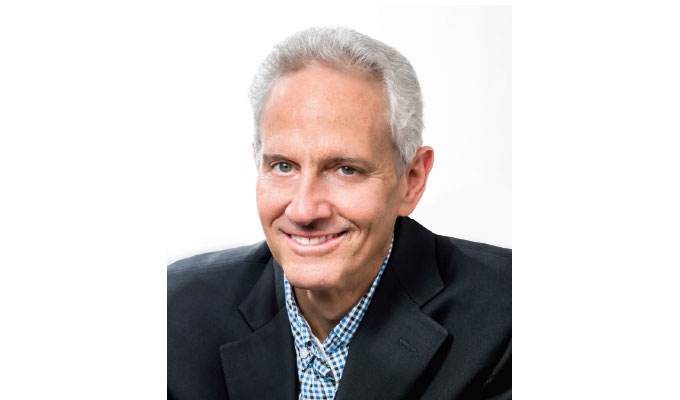Brad Wolff is author of People Problems? How to Create People Solutions for a Competitive Advantage and the managing partner for Atlanta-based, workplace optimization consultants PeopleMax, Brad specializes in helping companies maximize the potential and results of their people to increase revenues with less stress. Below, he lays out several of the key improvements companies can make to gain an edge on their competition. For more information, visit www.peoplemaximizers.com.
MPT: How important is it to properly align employees to their skillsets?
Brad Wolff: When a significant percentage of duties performed by employees don’t fit their innate characteristics or core nature, they won’t perform well. For example, people low in detail orientation doing work that requires high detail. Training and development, management encouragement and other well-intended efforts will not fix alignment issues. As Peter Drucker says, “A manager’s task is to make the strengths of people effective and their weaknesses irrelevant.”
MPT: In your book, you say management must foster a culture of personal growth and development. How does that link to employee development?
Brad Wolff: In truth, personal growth results in professional growth. It results in a greater capacity to handle life challenges, accomplish long-term goals and work well with others. Personal growth and development includes an increased awareness of self and others, the ability to manage one’s ego, ability to manage emotions and development of innate talents to maximize productivity and effectiveness. Most performance issues that managers complain about relate to one or more of the above. These are fundamental character traits of success.
MPT: How important is aligning employees with the mission and vision of the organization?
Brad Wolff: Human beings have an innate need for meaning and purpose in what they do. This means that they care about how their efforts affect the world outside themselves—people, the environment, animals, etc. For example, take assembly line workers that produce incubators for premature babies. In one scenario, the workers are only told to mechanically perform the prescribed duties. In the other scenario, they are crystal clear about the importance the quality of their work has on the survival of infants. Which workers do you think are more motivated? Engagement and performance are directly affected by people’s connection to the outcomes of their work.
Employees who are significantly out of sync with an organization’s culture and values will never make their highest contribution. Having perfect alignment is not the goal, since diversity of thought and behavior allow a culture to adapt and thrive. However, significant misalignments are damaging.
MPT: What role does the assessment process play in linking personal and professional challenges?
Brad Wolff: Studies on human potential and positive change demonstrate that self-awareness is the first step—but it’s not the last. Committing to take steps (starting with baby steps) and taking them allows for the development of positive habits that create lasting positive change. Deliberate change intended to meet the needs of your environment creates a flexible, adaptive organization—one that is poised to thrive despite the torrent of unpredictable/unwanted change that defines your world. Thriving in an unpredictable world is about you. Your willingness to acknowledge change that you don’t like, openly discuss it, and consistently take the actions required to adapt and emerge stronger.
_______________________________________________________
MODERN PUMPING TODAY, October 2018
Did you enjoy this article?
Subscribe to the FREE Digital Edition of Modern Pumping Today Magazine!
![]()


